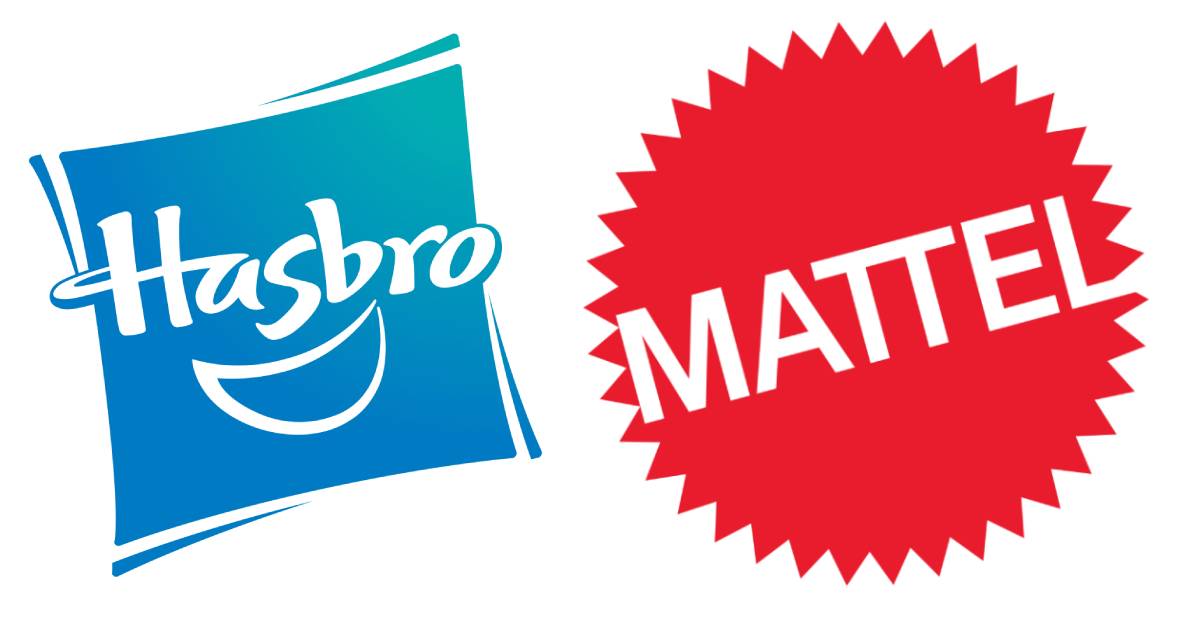
Toymakers Are Flipping the Script
Amid the success of the live-action Barbie movie and Hasbro’s recent announcement that it is selling its Entertainment One (eOne) film and television business to Lionsgate, it seems the toy industry is flipping the script when it comes to content strategies.
Hasbro announced its acquisition of eOne in 2019 and even weighed moving its Pawtucket, RI headquarters to California as it invested in building a film business based on its own IPs. Now, following the sale of eOne, Hasbro is switching to an “asset light” model for films that will rely largely on third-party studios.
Hasbro did announce, however, that despite the sale it will retain “a focused team of creative development and business affairs experts” to head up more than 30 projects in development, including those based on the Transformers, GI Joe, and Play Doh brands, CEO Chris Cocks said.
Shortly after announcing the sale of eOne, Hasbro reported its Q2 2023 financial results, including a $25 million charge against Q2 earnings for its Dungeons & Dragons: Honor Among Thieves. The D&D film posted $208 million in global box office revenue and was successful in streaming but ultimately didn’t meet Hasbro’s expectations, Cocks said. As a result, Hasbro forecasted its sales will decline 3-6% this year, CFO Anthony DiSilvestro said.
“We expect to move to an asset-lite model for future live-action entertainment, relying on licensing and partnerships with select co-productions like the Transformers One animated film and the D&D live-action television series,” both of which are being developed by Paramount, Cocks said. “We will be driving growth in fewer, bigger, more profitable brands; improving our consumer focus, execution, and innovation; and building our operational excellence to fuel our bottom line and create sustainable performance.”
Mattel, on the other hand, currently has 17 projects in various stages of production with its Mattel Films team, which was formed shortly after Ynon Kreiz was hired as CEO in 2018. Brands the company is tapping for upcoming entertainment projects include Hot Wheels, UNO, Polly Pocket, and Barney.
And while Mattel’s Q2 2023 revenue declined 12% overall, sales of Barbie products “turned positive” in front of the film’s July 21 release, CFO Anthony DiSilvestro said. Additionally, Mattel last year regained the Disney Princess and Frozen licensing rights that it lost to Hasbro in 2014.
Moving forward, Mattel promoted Lisa McKnight to Executive Vice President and Chief Brand Officer (overseeing all toy categories and global brands) and Josh Silverman was promoted to Executive Vice President and Chief Franchise Officer (responsible for digital gaming and licensed entertainment) following the departure of Richard Dickson, Mattel’s President and Chief Operating Officer.
Whether Mattel will continue to scale new heights in the film business following the success of Barbie remains to be seen. It also isn’t clear whether Mattel’s toy brands outside of Barbie will carry the same resonance in theaters or on shelves.
Because when it comes to the massive success of Barbie, Warner Bros. Discovery’s marketing strategy—in partnership with a consumer products program that included 165 licensees—provided a boost that helped the movie reach more than $1 billion in global box office revenue.
“We’re not saying that every new movie will achieve the same level of success [as Barbie], but we absolutely plan to execute the same strategy, the same approach, the same methodology in collaborating with top [talent] and then bringing our marketing machine and demand creative capabilities to create special, iconic moments in culture,” CEO Ynon Kriez said.

















